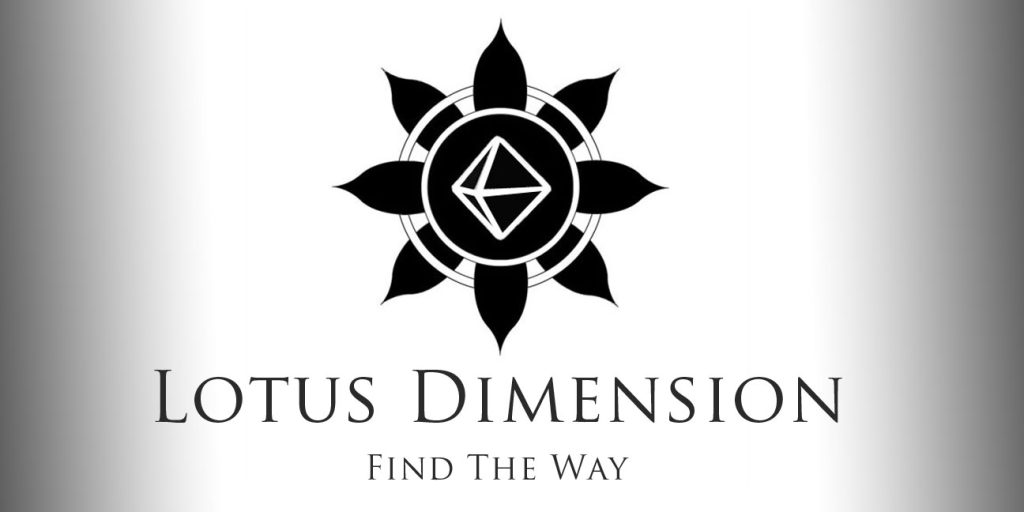The first time that artist and video game developer Scott Wayne Indiana combined the worlds of Eastern philosophy and gaming it was an enormous success.
D&D Yoga is an immersive game that leads a yoga class through the classic role-playing game Dungeons & Dragons. During the sequence, a dungeon master narrates the yogis through different poses—such as sword one and potion pose—as determined by the role of a dice. When people started playing D&D Yoga in 2014, the game was instantly in demand and received glowing press coverage.
Despite all of his success, Indiana says now that the popularity of D&D Yoga left him feeling a bit uneasy.
“Something just didn’t sit right,” Indiana told Tricycle. “And it was the component of Dungeons & Dragons that’s built on violence.”
With that in mind, Indiana sought to create a game that inspired players to rely on their cleverness, intuition, and problem-solving skills instead of on fighting prowess and weaponry. That’s when he first began thinking of the concept that would become his newest game, Lotus Dimension.
“About three years ago I really got into the eightfold path and began incorporating it as the primary guide in my own meditation practice,” Indiana said. “Over time it occurred to me that there should be a game where the players would have to respond to violence without using violence.”
Indiana has spent much of the last year developing Lotus Dimension. The developer said people were intrigued by the concept of a nonviolent role-playing game, but wondered how fun it might be.
“So that’s actually what I focused on: developing storylines that are both really intriguing and that also put characters into situations of nonviolence that they will have to react to in clever and thoughtful ways,” Indiana said. “It’s not like any kind of gimmick that this game came into being. I didn’t just say ‘Hey, it would be fun to gamify that’—it was much deeper. I am interested in restructuring how we think about getting out of situations in ways that don’t cause any suffering.”
To illustrate this, Indiana gives the following example from Lotus Dimension. “You might come across a place in the road where there are armed bandits you need to get past. In D&D and other games, you’d have to use some of your weapons and have a battle scene. In Lotus Dimension, we have 15 different examples of ways you could solve this problem without using violence.
“One of the character types is a monk, so you could send your monk out into the middle of the road,” Indiana explained. “The monk will sit down and start meditating and that will hopefully distract the bandits while you sneak around them.”
The focus on mindfulness and meditation throughout Lotus Dimension is reflective of Indiana’s own spiritual journey. “I have a 3-year-old son, and so I felt like it was important to start my meditation practice when he was born, for my own personal development but also to be a role model to him. It has been really powerful,” he said. Fatherhood has also opened Indiana’s eyes to just how many games and toys are centered around guns and violence.
Lotus Dimension encourages that sort of creativity with characters that stress mindfulness. Dungeons & Dragons has a dungeon master who narrates the games. The character counterpart in Lotus Dimension is the “guru guide.”
“Whenever something happens that requires dice rolling or any kind of judgment, the guru guide decides the next course of action. If you do something that is really mindful, for example, then the guru guide can raise your mindfulness level by plus one,” Indiana explained.
“I would love it if playing made you more mindful in the present moment,” Indiana said of the game. “And, as players go through their day, if they think twice before reacting negatively to something.”
Find out more about the Lotus Dimension Kickstarter, which runs through September 21.
Thank you for subscribing to Tricycle! As a nonprofit, we depend on readers like you to keep Buddhist teachings and practices widely available.
